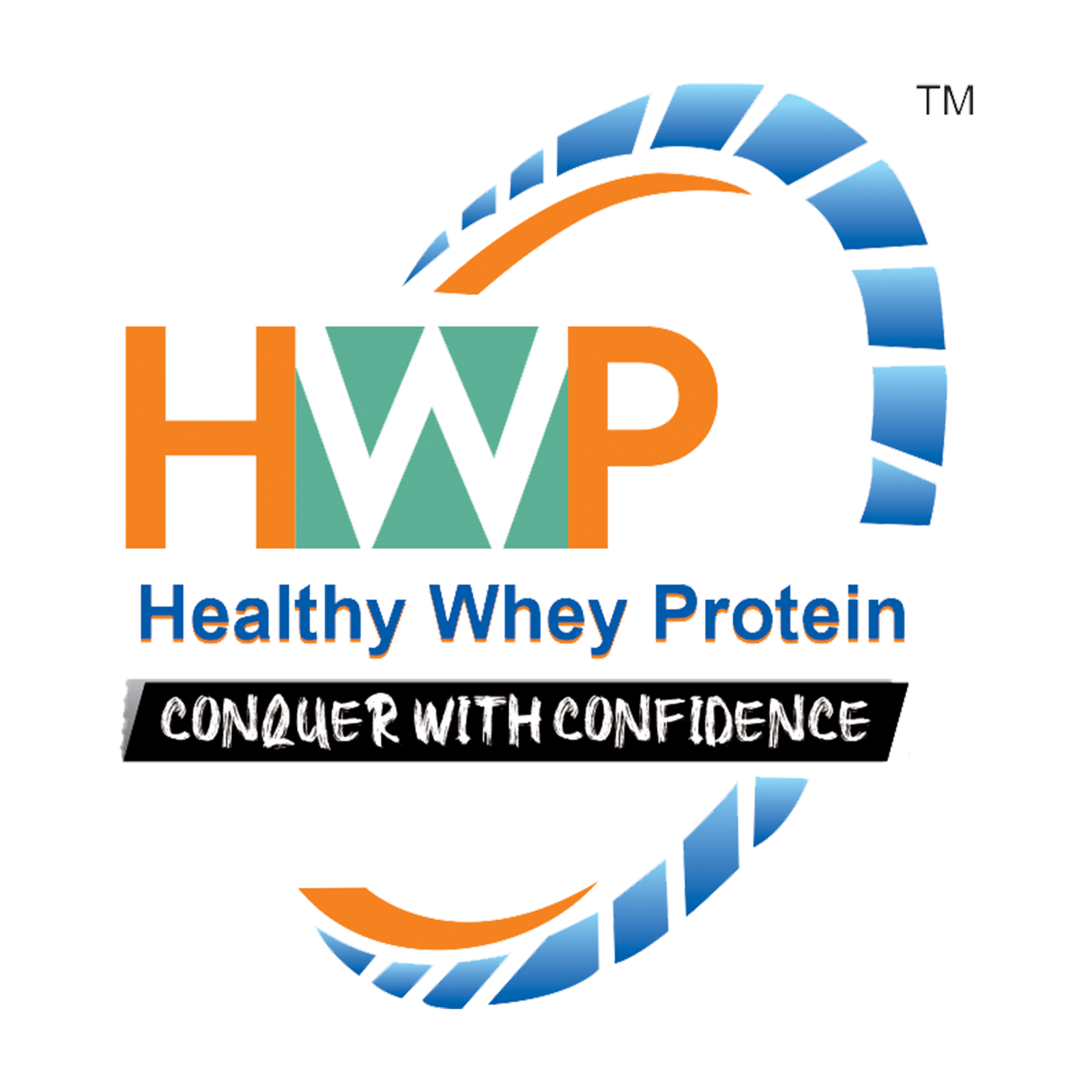Description
Best Whey Protein brand
Healthywheyprotein.com
Understanding Whey Protein
Whey protein is derived from milk during the cheese-making process. When milk is curdled, it separates into solid curds and liquid whey. The liquid whey is then collected, processed, and dried to produce whey protein powder. This protein is renowned for its high nutritional value and is categorized into three main types: whey protein concentrate, isolate, and hydrolysate.
Whey protein concentrate is the most basic form, containing around 70-80% protein, with the remaining content being fats and carbohydrates. Whey protein isolate undergoes additional processing to remove more fats and carbohydrates, resulting in a product that is about 90% protein or higher. Hydrolysate, or hydrolyzed whey protein, is pre-digested, which means it has undergone partial hydrolysis, a process necessary for the body to absorb protein. This makes it easier to digest and is often used in medical protein supplements and infant formulas.
The nutritional profile of whey protein is impressive. It is a complete protein, meaning it contains all nine essential amino acids that the body cannot produce on its own. These amino acids are crucial for various bodily functions, including muscle repair and growth. Additionally, whey protein is rich in branched-chain amino acids (BCAAs), such as leucine, which play a significant role in muscle protein synthesis.
Beyond muscle health, whey protein offers several benefits for overall wellness. It can aid in weight management by promoting satiety, reducing hunger, and preserving lean muscle mass during weight loss. Moreover, whey protein has been shown to support immune function due to its content of immunoglobulins and lactoferrin, which have antimicrobial and antiviral properties.
Incorporating whey protein into a balanced diet can enhance health in numerous ways, making it a valuable addition for those looking to improve their fitness, manage their weight, or boost their immune system.
“`
Incorporating Whey Protein into Your Diet
Integrating whey protein into your daily nutrition can be a simple and effective way to enhance your health and achieve your fitness goals. When selecting a whey protein supplement, it is crucial to align your choice with your specific objectives. For those aiming to build muscle, a whey protein isolate with higher protein content and minimal fats and carbs is ideal. Conversely, individuals targeting weight loss might benefit from a whey protein concentrate that provides a balanced profile of nutrients to support satiety and muscle maintenance. For general health, a blend of whey protein with additional vitamins and minerals can offer a comprehensive nutritional boost.
One of the most popular and convenient ways to consume whey protein is through shakes and smoothies. To create a delicious whey protein shake, simply blend a scoop of whey protein powder with water, milk, or a milk alternative, and add fruits, vegetables, or nut butters for extra flavor and nutrients. Smoothies can be similarly enhanced by adding whey protein to your favorite fruit and vegetable combinations, providing a nutrient-dense meal or snack.
Beyond beverages, whey protein can be incorporated into a variety of foods. Homemade protein bars can be made by mixing whey protein powder with oats, honey, and nut butter, then chilling the mixture until firm. Additionally, whey protein can be added to baked goods such as muffins, pancakes, or even bread, to boost their protein content without compromising taste or texture.
Timing your whey protein intake is also essential for optimal results. Consuming whey protein post-workout can aid in muscle recovery and growth, while using it as a meal replacement can help manage calorie intake and support weight loss. Morning or pre-workout consumption can provide sustained energy throughout the day or during exercise.
However, it is important to consider potential side effects and dietary restrictions. Some individuals may experience digestive discomfort or allergic reactions to whey protein. Those with lactose intolerance should opt for lactose-free whey protein isolates. Always consult with a healthcare professional before introducing new supplements into your diet, especially if you have existing health conditions or dietary concerns.



Reviews
There are no reviews yet.